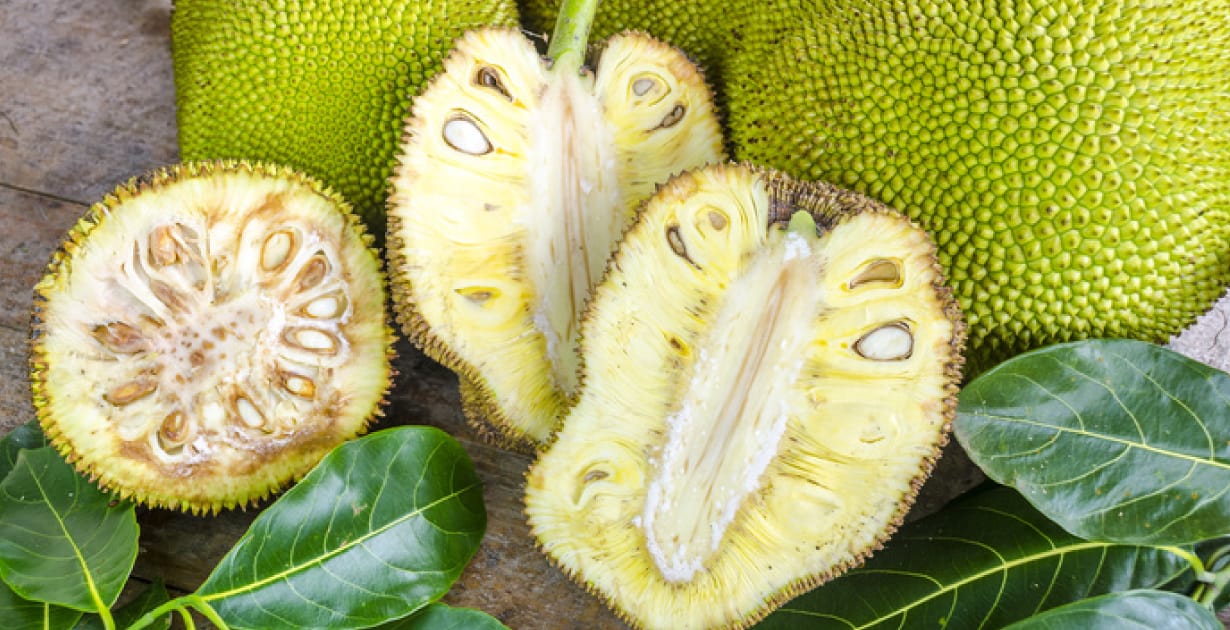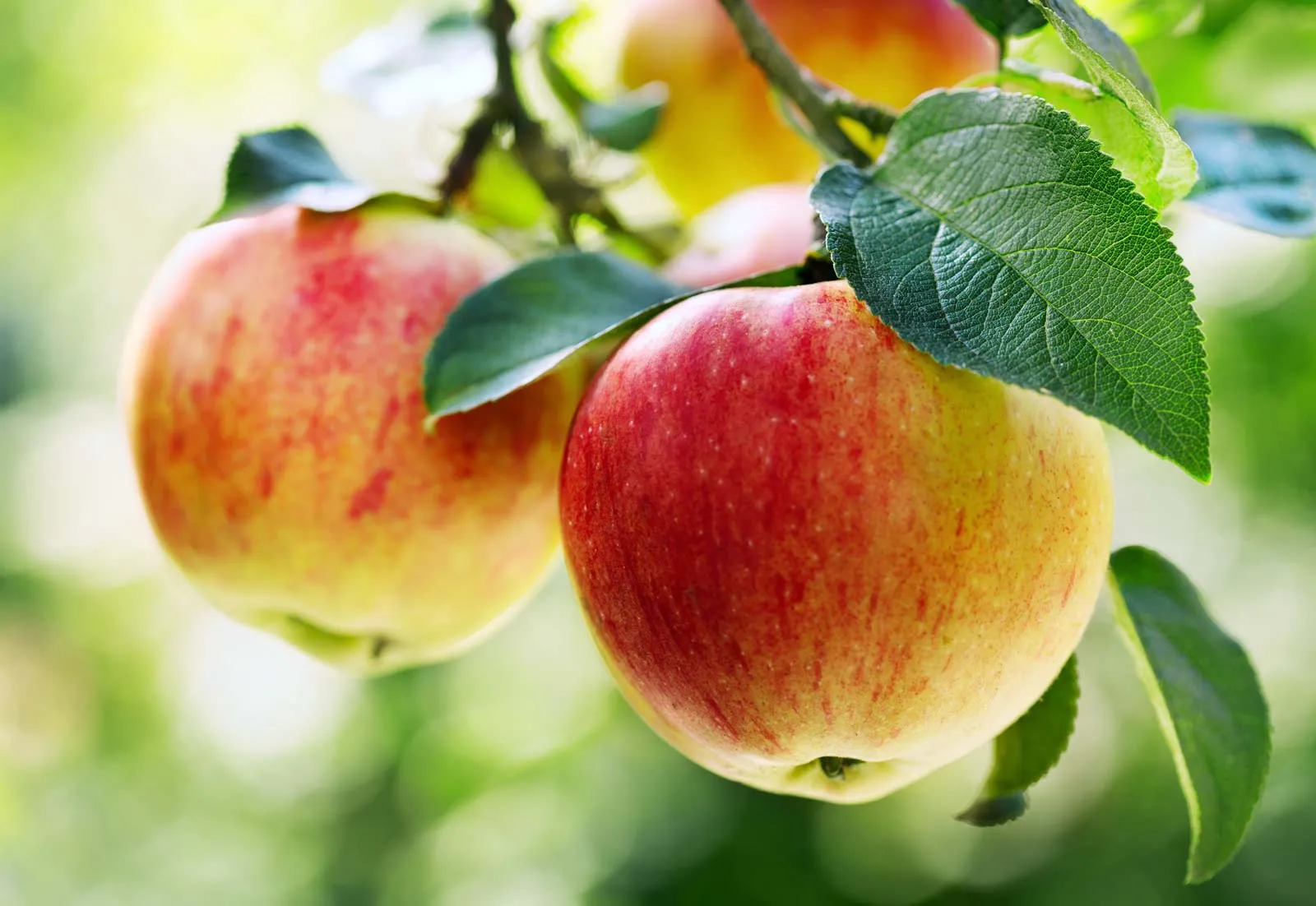Ad Blocker Detected
Our website is made possible by displaying online advertisements to our visitors. Please consider supporting us by disabling your ad blocker.
Cherries, scientifically known as Prunus avium (sweet cherries) and Prunus cerasus (sour cherries), are beloved for their vibrant colors, juicy flesh, and delightful taste. These small, round fruits are not only a delectable treat but also a nutritional powerhouse, offering a wide range of health benefits. Cherries come in various colors and flavors, with sweet cherries being the most commonly consumed for snacking and desserts, while sour cherries are often used in cooking, baking, and beverages. In this article, we will explore the nutritional richness of cherries, their potential health perks, and their culinary versatility.
A History of Cherry Admiration
Cherries have a long history of cultivation, dating back to ancient times in Asia and Europe. They were appreciated for their flavor, nutritional value, and potential medicinal properties. Today, cherries are grown in many parts of the world and enjoyed in various forms, from fresh fruit to jams, pies, and even liqueurs.
Nutritional Profile of Cherries
A Nutrient-Rich Gem
Cherries are celebrated not only for their delightful taste but also for their impressive nutritional content. Here’s a glimpse of the nutrients found in cherries:
1. Vitamins
- Vitamin C: Cherries are a good source of vitamin C, which supports immune health, skin regeneration, and wound healing.
- Vitamin A: In the form of beta-carotene, cherries provide vitamin A, essential for eye health and maintaining healthy skin and mucous membranes.
2. Minerals
- Potassium: Essential for heart health, nerve function, and maintaining healthy blood pressure levels.
- Copper: Supports various metabolic processes in the body.
3. Dietary Fiber
- Soluble Fiber: Supports digestive health, stabilizes blood sugar levels, and helps lower cholesterol.
- Insoluble Fiber: Promotes regular bowel movements and prevents constipation.
4. Antioxidants
- Anthocyanins: The compounds responsible for cherries’ vibrant colors, anthocyanins are potent antioxidants that help protect cells from oxidative damage.
- Quercetin: A flavonoid found in cherries that has anti-inflammatory and antioxidant properties.
5. Natural Sugars
- Fructose: The natural sugars in cherries provide their sweet taste and a source of quick energy.
6. Phytonutrients
- Melatonin: Cherries are one of the few natural food sources of melatonin, a hormone that regulates sleep-wake cycles. Consuming cherries may help improve sleep quality.
- Ellagic Acid: A phytonutrient found in cherries that has been associated with potential cancer-fighting properties.
Health Benefits of Cherries
1. Joint Health
- Anti-Inflammatory Properties: Cherries, particularly tart cherries, contain compounds that may help reduce inflammation, potentially benefiting individuals with conditions like arthritis and gout.
- Pain Relief: Some studies suggest that cherry consumption may lead to a reduction in joint pain and stiffness.
2. Heart Health
- Antioxidants: The antioxidants in cherries, especially anthocyanins, may help reduce oxidative stress, lower inflammation, and support heart health.
- Blood Pressure Regulation: Potassium in cherries plays a role in regulating blood pressure, potentially reducing the risk of hypertension.
3. Sleep Quality
- Melatonin: Cherries are a natural source of melatonin, which may improve sleep quality and duration. Consuming cherries or cherry juice before bedtime may help individuals with sleep disturbances.
4. Digestive Health
- Dietary Fiber: The fiber in cherries promotes digestive regularity, prevents constipation, and supports a healthy gut microbiome.
5. Skin Health
- Anti-Aging Properties: The antioxidants in cherries help protect skin cells from oxidative damage, contributing to a youthful complexion.
- Wound Healing: Vitamin C in cherries aids in wound healing and repairing damaged skin.
6. Weight Management
- Low Calorie: Cherries are relatively low in calories, making them a suitable choice for those aiming to manage their weight.
- Dietary Fiber: The fiber content in cherries enhances feelings of fullness, potentially reducing overall calorie intake.
Culinary Uses of Cherries
Cherries are incredibly versatile and can be enjoyed in various culinary creations. Here are some delightful ways to incorporate cherries into your diet:
1. Fresh and Simple
- Fresh Cherries: Enjoy freshly washed cherries on their own as a sweet and nutritious snack.
- Cherry Bowl: Create a colorful fruit bowl by adding cherries to a mix of other fresh fruits like grapes and apples.
2. Desserts and Treats
- Cherry Pie: Bake a classic cherry pie with a flaky crust and a sweet cherry filling.
- Cherry Sorbet: Make a refreshing sorbet by blending cherries with a touch of sugar and lemon juice.
3. Beverages
- Cherry Smoothie: Blend cherries with yogurt, honey, and almond milk for a creamy and fruity smoothie.
- Cherry Lemonade: Create a homemade cherry lemonade by mixing cherry juice with freshly squeezed lemon juice and sweetening it to taste.
4. Sauces and Condiments
- Cherry Sauce: Make a flavorful sauce by simmering cherries with sugar and a touch of cinnamon, perfect for serving with grilled meats or desserts.
- Cherry Compote: Prepare a versatile compote with cherries, sugar, and lemon zest, ideal as a topping for pancakes, waffles, or ice cream.
5. Preserves and Jams
- Cherry Jam: Create a sweet and tangy jam by cooking cherries with sugar and pectin, perfect for spreading on toast or using as a filling for pastries.
Cherry Varieties
Cherries come in various varieties, each with its unique flavor and characteristics. Common cherry varieties include:
- Sweet Cherries: These cherries are typically enjoyed fresh and are available in various cultivars, including Bing, Rainier, and Stella. They have a sweet and juicy flavor.
- Sour Cherries: Also known as tart cherries, these cherries are less sweet and are often used in cooking and baking. Montmorency and Morello are common varieties.
Conclusion
Cherries, with their sweet and juicy goodness, are a delightful combination of flavor and nutrition. Whether you’re enjoying them fresh, baked into a pie, or blended into a smoothie, cherries offer a burst of taste and health benefits. From supporting joint and heart health to enhancing sleep quality and aiding digestion, cherries are a valuable addition to your diet. So, savor the sweet charm of cherries and embrace the numerous benefits they bring to your overall well-being and culinary creations.



